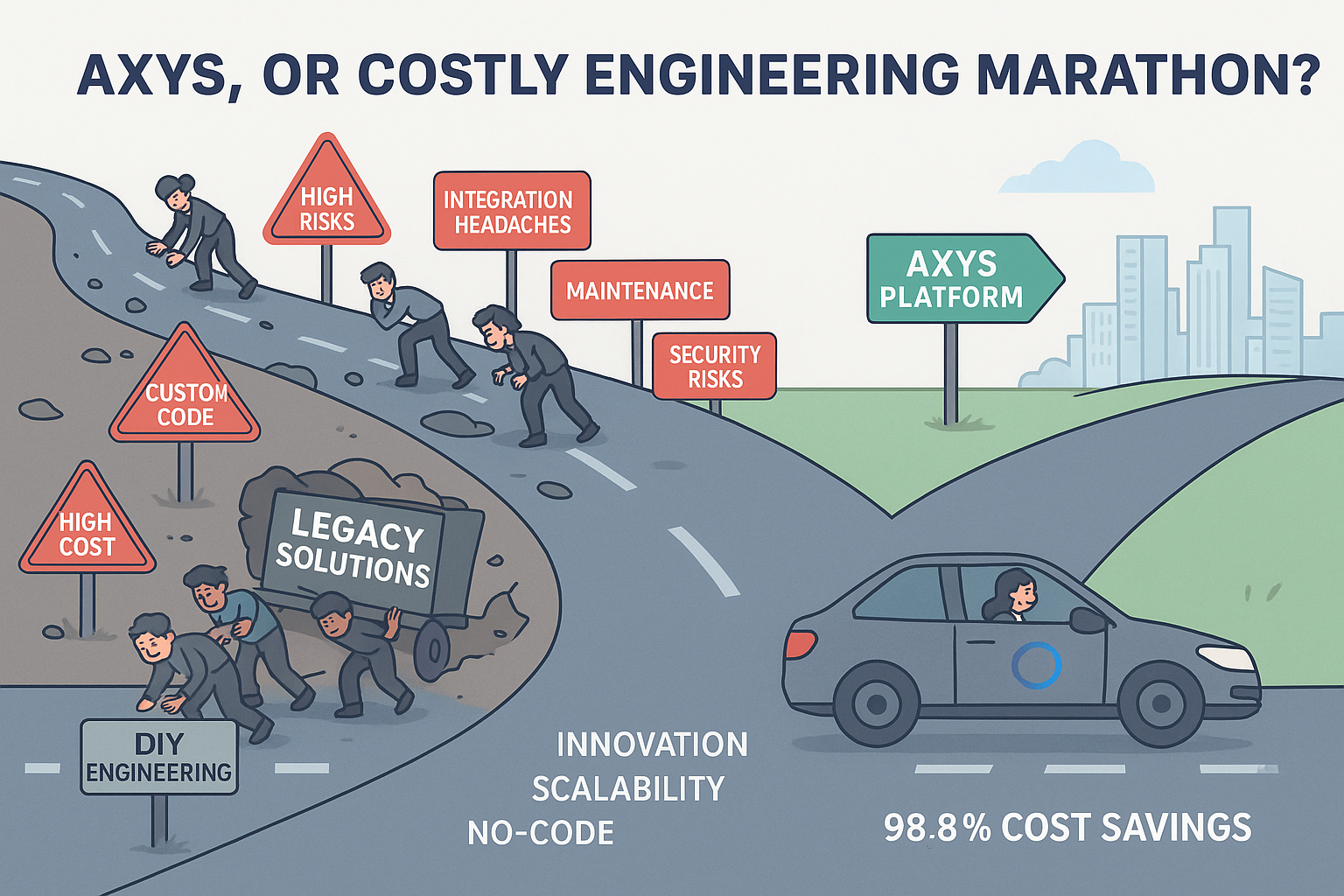Non-compliance with data regulations can have serious consequences for enterprises, including financial penalties, damage to reputation, and loss of customer trust.
How non-compliance occurs in an enterprise
The cost of Non-Compliance with enterprise data can be massive damage to an enterprise have to face. Here are some reasons why enterprise data cause no compliance.
Lack of knowledge or understanding: One of the most common causes of non-compliance is a need for knowledge or understanding of the relevant regulations. If employees are not aware of the rules and requirements, they may inadvertently violate them.
Poor policies and procedures: Non-compliance can occur if an enterprise needs more policies and procedures to protect personal data. For example, if an enterprise does not have proper controls to prevent unauthorized access to personal data, it may violate data protection regulations.
Technical issues: Non-compliance can also result from technical problems, such as inadequate security measures or data breaches. For example, if an enterprise does not have proper security controls, it may be vulnerable to cyber attacks, resulting in a data breach and non-compliance.
Human error: In some cases, non-compliance can result from human error, such as an employee accidentally sharing personal data with an unauthorized person.
Intentional non-compliance: In some cases, non-compliance may be deliberate, such as when an enterprise deliberately ignores data protection regulations to gain an advantage.
The Cost of Non-compliance in Enterprise Data
Financial Penalties: Depending on the jurisdiction and the nature of the non-compliance, enterprises can face significant fines for violating data regulations. For example, the European Union’s General Data Protection Regulation (GDPR) allows for penalties of up to 4% of a company’s global annual revenue or €20 million (whichever is greater).
Reputation Damage: Data breaches and other incidents of non-compliance can damage an enterprise’s reputation, leading to a loss of customer trust and potentially causing customers to take their business elsewhere.
Loss of customer trust: Customers are increasingly concerned about their personal data and how it is used and protected. An enterprise must comply with data regulations to maintain the trust of its customers, leading to a loss of business.
Legal costs: The cost of non-compliance can lead to legal action being taken against an enterprise, which can be costly in terms of both time and money.
How can Non-Compliance Damage Enterprise?
There are several ways in which non-compliance can damage enterprises:
Data Breaches: Non-compliance with data regulations can increase the risk of data breaches, leading to unauthorized access or release of sensitive or confidential information. This can damage the enterprise’s reputation and cause a loss of customer trust.
Loss of Control over data: Non-compliance can also lead to a loss of control over enterprise data. For example, if an enterprise is not properly protecting personal data, it may be accessible by unknown without the enterprise’s knowledge or consent.
Legal Liabilities: Non-compliance with data regulations can result in legal liabilities for the enterprise. For example, if the enterprise is doing a violation of privacy laws, it may have to pay fines or damages.
Decreased Efficiency: Non-compliance can also lead to decreased efficiency. The enterprise may need to devote time and resources to addressing the consequences of non-compliance rather than focusing on its core business activities.
Protect Enterprises from the Cost of Non-Compliance using Axys
Here are some steps on how Axys helps enterprises to avoid Non-Compliance with data regulations:
Understand the relevant regulations: Enterprises need to be aware of all relevant data regulations and requirements, including laws such as the General Data Protection Regulation (GDPR) in the European Union and the California Consumer Privacy Act (CCPA) in the United States.
Develop a compliance plan: Enterprises should develop a plan for compliance that outlines the specific steps that need to be taken to meet regulatory requirements. This may include implementing technical controls, such as encryption and secure servers, and establishing policies and procedures for handling and protecting personal data.
Train employees: Employees should be trained on data protection practices and the importance of compliance. This can help to ensure that they are aware of the regulations and are taking appropriate measures to protect data.
Regularly review and update policies: Data regulations and best practices can change over time. It is important for enterprises to regularly review and update their policies and procedures to ensure that they comply with the latest requirements.
Monitor for compliance: Enterprises should have systems to monitor compliance and identify potential issues. This may include regular audits or reviews of data protection practices.
By following these steps, Axys’ No-Code solution helps enterprises ensure that they comply with data regulations and avoid the negative consequences of non-compliance.



